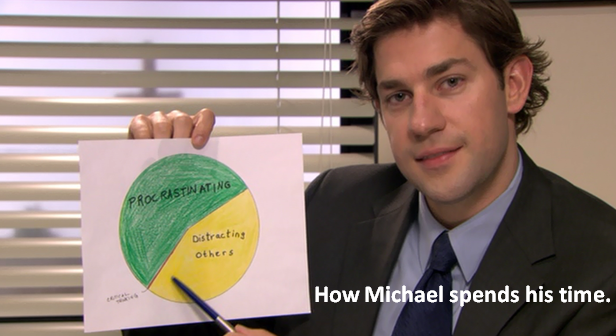
Professionalism is the conduct, behavior and attitude of someone in a work or business environment.
The Professionalism competency is defined as being able to understand and demonstrate effective work habits, learn from mistakes, and act in the interest of the larger community.
Tips for practicing professionalism:
- Show respect to others
Respecting others is one of the best ways to show professionalism. Respect should be extended to everyone—your superiors, your co-workers, and those who work below you. You also need to show respect for the people you serve. - Learn to communicate effectively
Most disagreements and arguments begin with a lack of communication. Good communication takes a little practice, but can save you from misunderstandings. In your career, you will probably work with a team of others. - Be proactive
Being proactive means anticipating needs before they arise. This is a great trait of professionals. Rather than reacting to events and getting flustered, you can try to anticipate what will happen and be prepared in advance. - Dress for success
Dressing appropriately for your job is important to how you are perceived. You don’t have to spend a fortune on your wardrobe to dress professionally. - Don’t complain
All jobs have their pros and cons. Do your best to limit or eliminate your complaining. No one wants to work with someone who complains all the time. Instead of complaining, try to be a problem-solver who comes up with solutions for the matters that are frustrating. - Practice your basic manners
A simple “please,” “thank you,” and “excuse me” can go a long way to showing that you are a professional. Politeness is a great antidote to rudeness and can set a good tone for everyone around you. - Keep learning
Most career fields are continuously evolving. There is always more to learn about your field as new advances are made. Staying up-to-date shows that you are someone who takes initiative.
A new college graduate should be able to:
- Act with integrity and accountability to self, others and the organization
- Be punctual, prepared, and respectful of others’ time
- Adapt to evolving needs and take initiative
- Manage time efficiently and effectively
- Manage personal brand
The entire application process should be presented with professionalism, even if you are turning down a possible interview opportunity.
An Example of Professionalism
A recruiter of a company may reach out to you through LinkedIn or Handshake asking if you are available for a conversation. You may already know you aren’t interested, but your response shouldn’t be rude or dismissive. A simple respectful note should suffice. Here’s an example:
Dear Mr. Smith,
Thank you for reaching out with this potential opportunity in insurance sales. I’m currently planning to use my business major in the marketing analytics field. Should your organization have opportunities in this field then I would be interested in arranging a phone or Zoom conversation.
Sincerely, Patrick Henry
Why this wording works:
- This type of “thanks, but no thanks” like this keeps the conversation open if the company does have a job in your field, and you simply didn’t know about it.
- Perhaps the sales position is the starting point to break into the marketing analytics field within the company.
- Maybe you might find you’ll want to revisit this opportunity in the future because your circumstances change.
- Or you found out your fraternity brother does want to go into insurance sales – and now you can help make introductions.
Keep in mind if you were the recruiter, you wouldn’t want a rude dismissive response that ruins your day. Not to mention that it would be noted that you are a student at Hampden-Sydney College, and your behavior (whether it is positive or negative) reflects on all of the students, staff and faculty in our community.